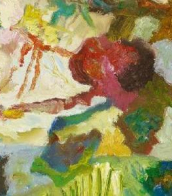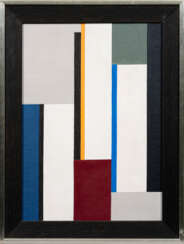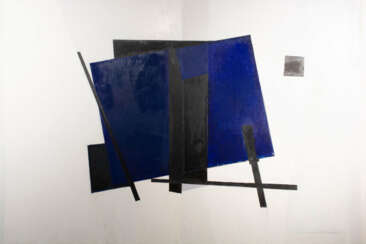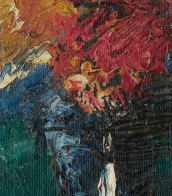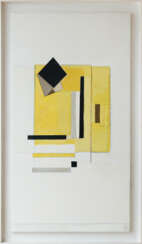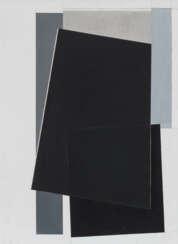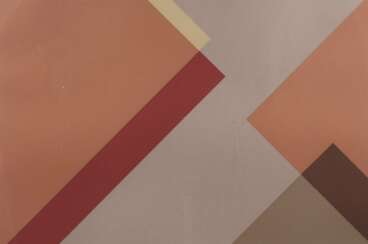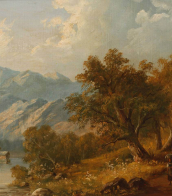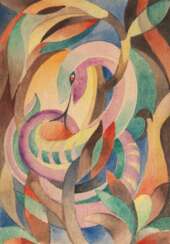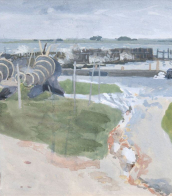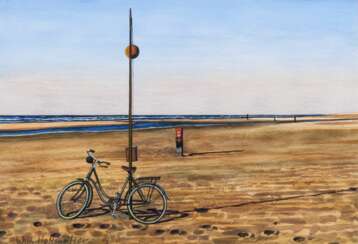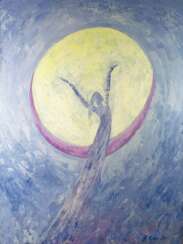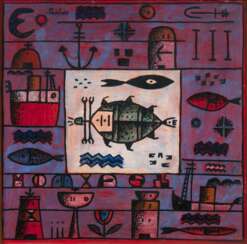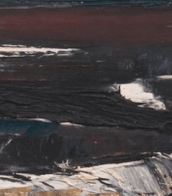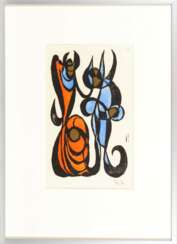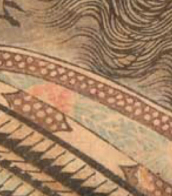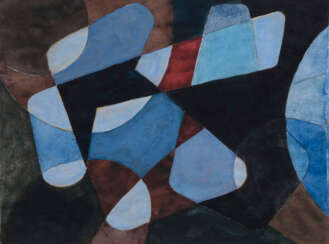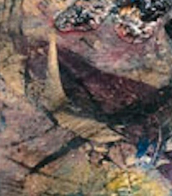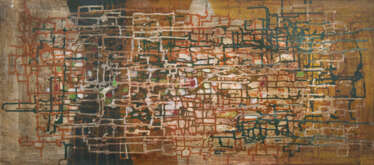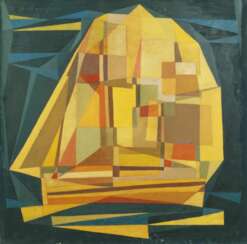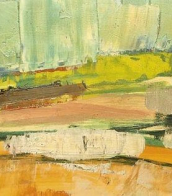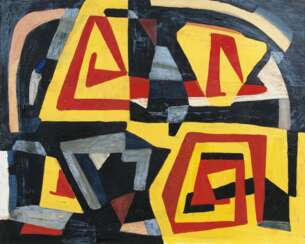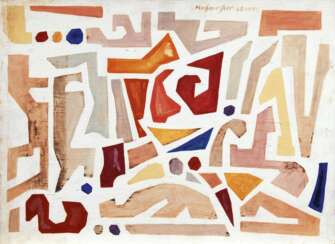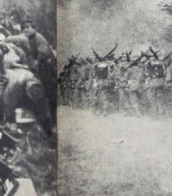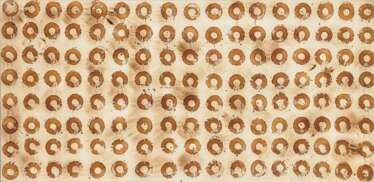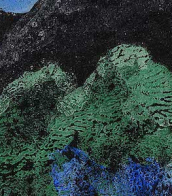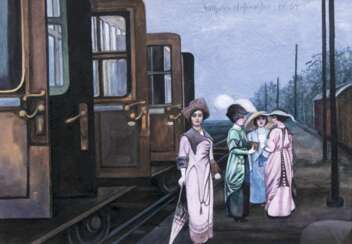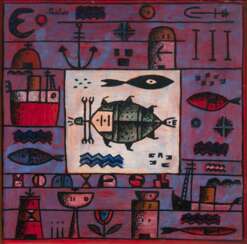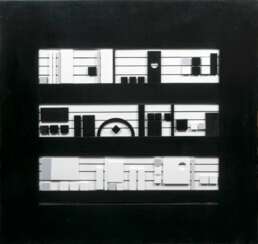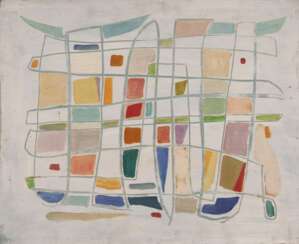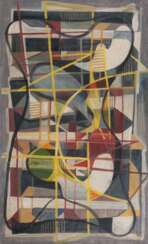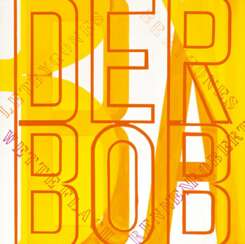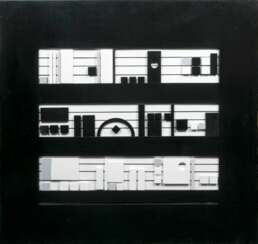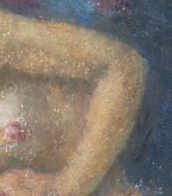konstruktivismus
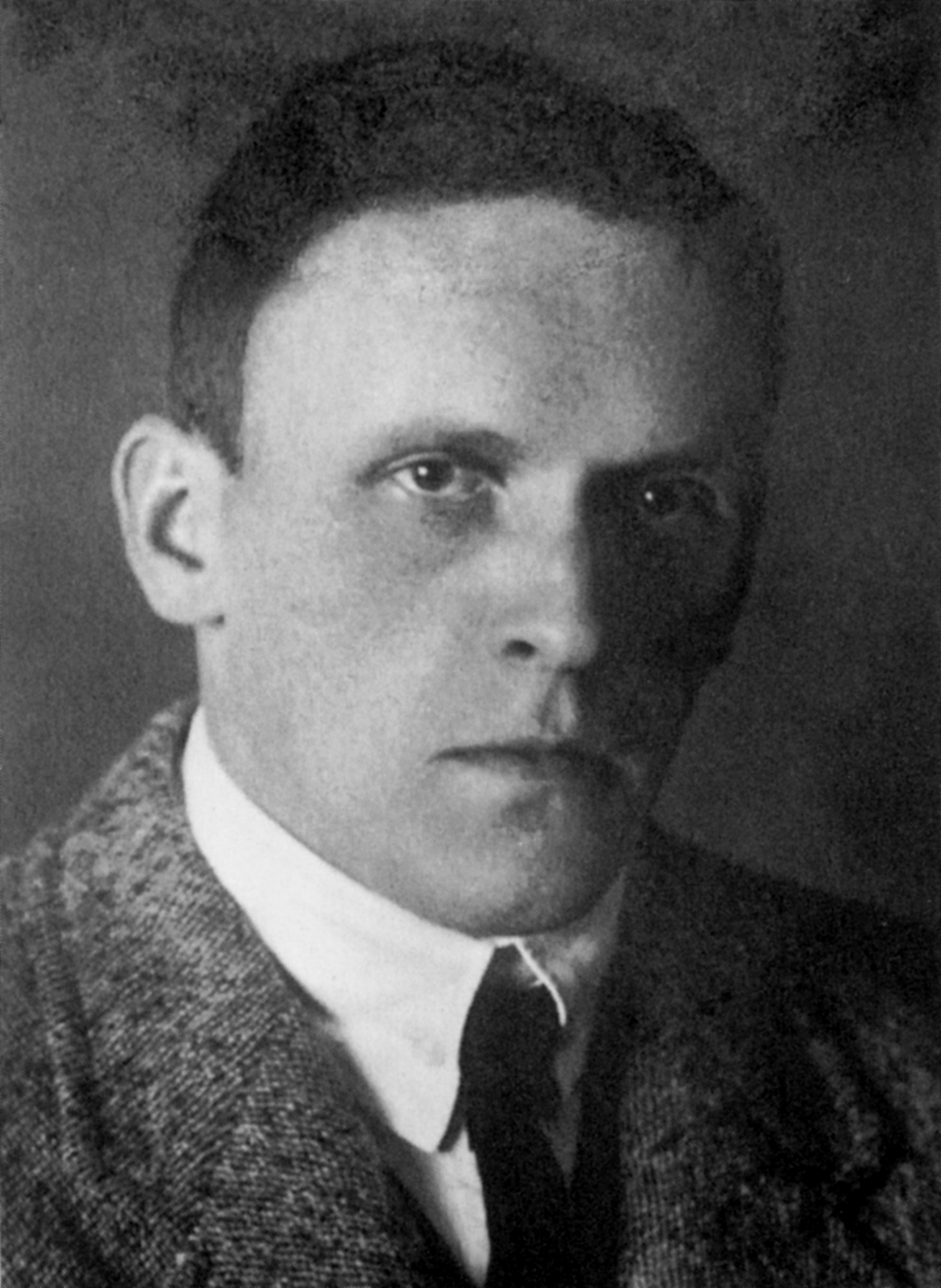
Walter Dexel was a German painter, commercial graphic designer, and transportation planner. He also functioned as an art historian and directed a museum in Braunschweig during the Second World War.


Walter Dexel was a German painter, commercial graphic designer, and transportation planner. He also functioned as an art historian and directed a museum in Braunschweig during the Second World War.
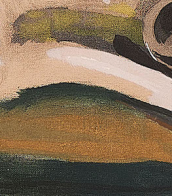

Walter Dexel was a German painter, commercial graphic designer, and transportation planner. He also functioned as an art historian and directed a museum in Braunschweig during the Second World War.

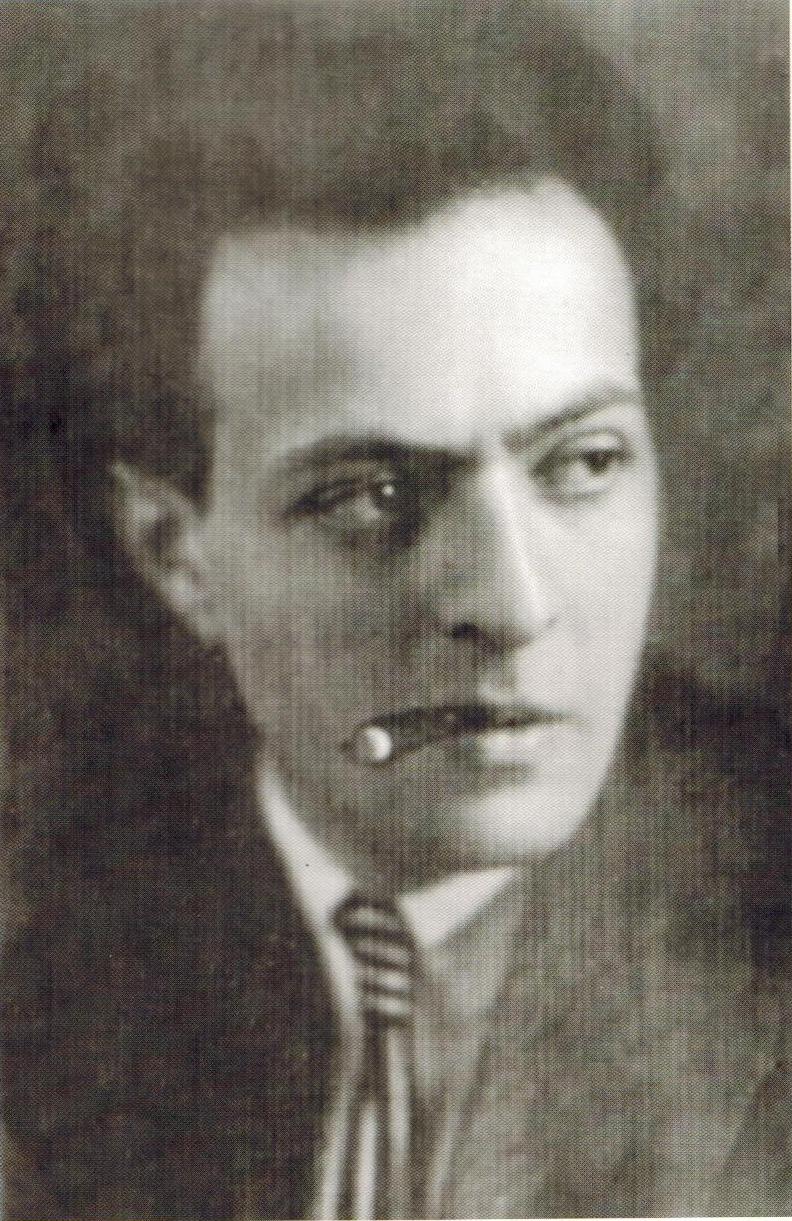
Ilya Grigorevich Chashnik (Russian: Илья Григорьевич Чашник) was a Russian Suprematist artist, known for his close association with Kazimir Malevich and as a pioneering member of the UNOVIS school. Born in 1902 in Lucyn, Russian Empire (now Ludza, Latvia), Chashnik's artistic journey began in Vitebsk, where he was deeply influenced by the avant-garde movements of the early 20th century. He studied at the Vitebsk Artistic-Practical Institute under Malevich and became one of his most faithful disciples, embracing Suprematism's focus on basic geometric forms and the use of a limited color palette.
Chashnik's work is characterized by his exploration of Suprematist principles across various forms of art, including painting, metalwork, and ceramics. His art is distinguished by a dynamic use of forms, often incorporating complex tonal relationships and achieving a sense of rhythm and symmetry. Notably, Chashnik applied these principles to the design of everyday objects, making significant contributions to porcelain design at the Lomonosov Porcelain Factory. His designs for the factory revealed his inventive approach, combining Suprematist aesthetics with practical applications.
Despite his untimely death in 1929 at the age of 27, Chashnik's legacy in the art world remains profound. His works are held in several prestigious collections, including the Thyssen-Bornemisza Museum in Madrid and the Museum of Modern Art (MoMA) in New York. These institutions recognize Chashnik not just for his artistic output but also for his significant role in the development of Suprematism and its application beyond traditional canvases.
For those interested in the intersection of avant-garde art and practical design, Ilya Chashnik's work offers a fascinating study. His ability to translate the visionary ideas of Suprematism into tangible objects marks him as a key figure in the movement's history. To stay updated on new insights and sales related to Ilya Grigorevich Chashnik's work, sign up for updates and don't miss out on the opportunity to explore the works of this groundbreaking artist.
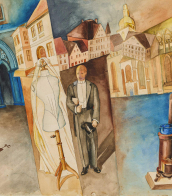
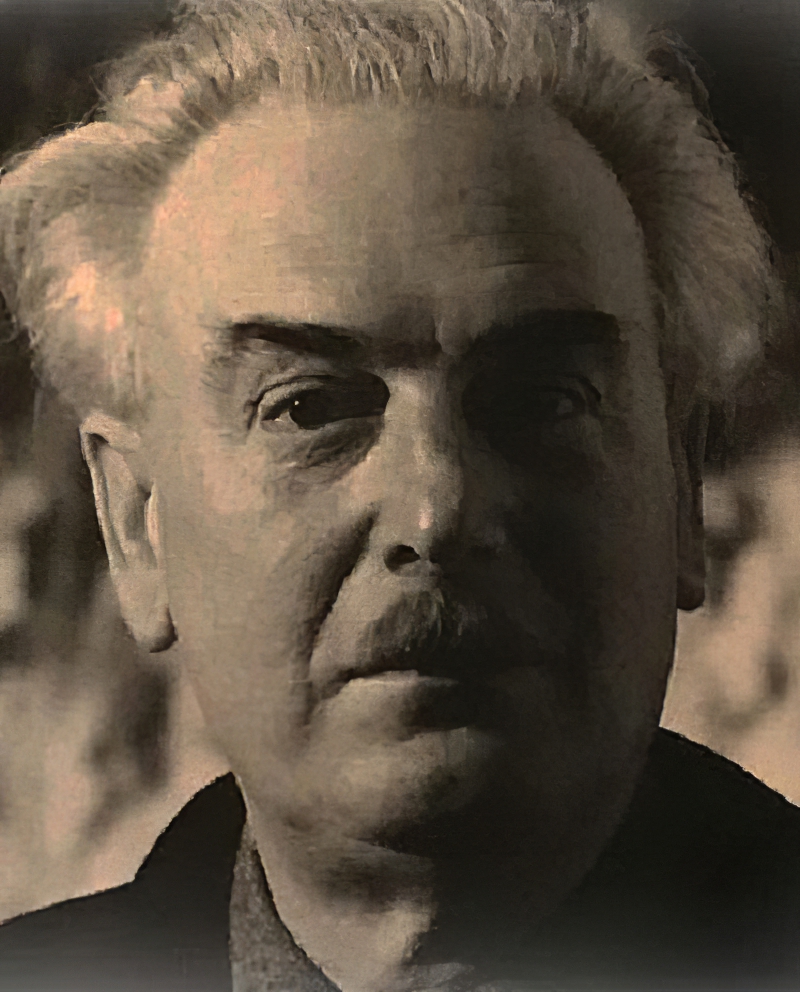
Heinrich Siepmann was a painter and belonged to the second generation of Constructivism.
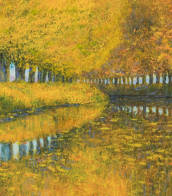
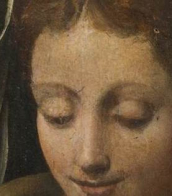

Ferdinand Kriwet is a contemporary German artist and graphic designer.
